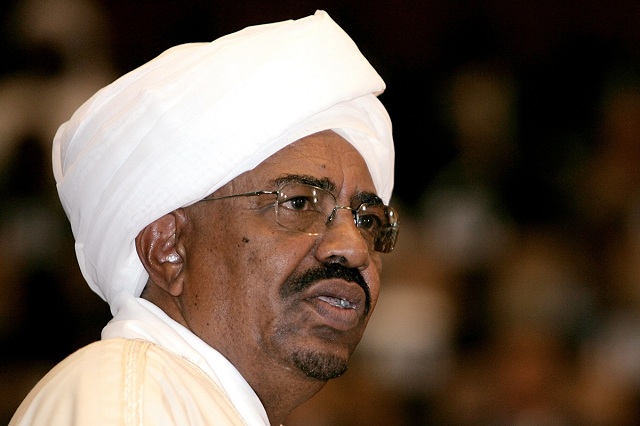Many Muslim women find themselves in the dilemma of whether to fast in Ramadan or not when they are pregnant or breast feeding.
Worried about their babies’ health, many women don’t know the situations in which sharia gives license not to fast during Ramadan.
In the Quran it is recommended that the sick and those who are traveling not fast and make up the days when they are well and stable.
According to Sheikh Majdy Wardah, advisor to the World Muslim Congress, there is nothing that explicitly places pregnant and nursing women in the category of sick people.
He said women who are healthy and able to fast should have a late sohour, and fast throughout the day then eat well at night.
He said, however, if a pregnant woman is tired and a doctor who understands the importance of fasting in Islam says she should not fast because it would be harmful to her or the baby then the woman is not supposed to fast.
Dr Nevine Hassanein, a gynecologist and a public health specialist, explained that, “fasting results in hypoglycemia, decreased sugar level in blood, which affects the fetus in the uterus.
Nursing mothers also have special treatment when it comes to fasting.
According to Dr Tarek Fathy, pediatric consultant and head of the neonatal department at the Galaa Educational Hospital, nursing mothers fall into three categories.
Babies up to six-month old completely rely on milk. In this case, their mothers are not allowed to fast, he explained.
Starting from the six-month mark, babies begin to eat other food besides breast milk, from noon to 5 pm. If the baby eats a good meal at this time, then there is no obstacle to fasting, Dr Fathy said.
However, if the meal is not sufficient then the mother should not fast in order to breastfeed..
The third and final stage begins at 12 months.At this stage the baby is completely reliant on outside food so there is no problem at all to fast, he added.
Nursing mothers often have the misconception that their milk will not dry up because they try a couple of days and find that that it is flowing at a normal rate.
However, as Dr Fathy explained that it takes about seven to 10 days for the mother’s milk to completely dry out.
Thus, during the first few days of Ramadan a mother would fast thinking it hasn t effected her, then all of a sudden she realizes she has no milk at all, Dr. Fathy warns, he thus recommends being very careful especially in the early months.


